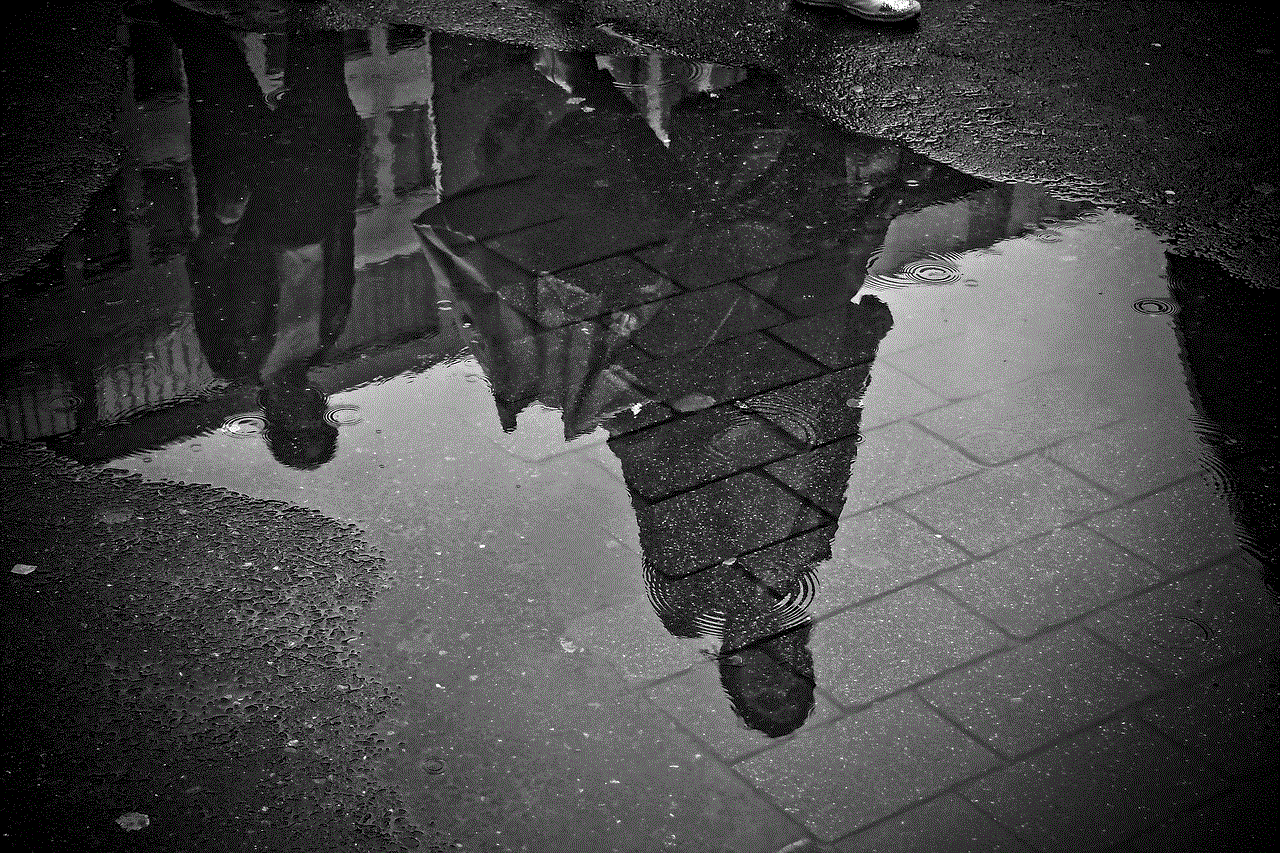cookies urban dictionary
# Cookies: A Sweet Delight and Cultural Phenomenon
Cookies have been a beloved treat for centuries, transcending cultural boundaries and evolving through time. They have become more than just a simple confection; they represent comfort, nostalgia, and a sense of community. In this article, we will delve into the history, varieties, and cultural significance of cookies, while exploring how they have been interpreted and defined in popular culture, including references from platforms like Urban Dictionary.
## The History of Cookies
The origins of cookies can be traced back to ancient civilizations. The word “cookie” itself is derived from the Dutch word “koekje,” which means “little cake.” The first recorded recipes for cookies appeared in the 7th century AD in Persia, where sugar was first cultivated. As trade routes expanded, the popularity of cookies spread throughout Europe, particularly during the Middle Ages.
Cookies were originally baked as small test cakes to check the temperature of ovens before baking larger cakes. This practical purpose soon gave way to the enjoyment of cookies as a standalone treat. By the 18th century, cookies had made their way to America with European settlers, and they quickly became a staple in American households.
## Varieties of Cookies
The diversity of cookies is astounding, with countless varieties available worldwide. Each culture has its own interpretation, leading to unique flavors, textures, and ingredients. Some of the most popular types of cookies include:
1. **Chocolate Chip Cookies**: Arguably the most famous cookie, the chocolate chip cookie was invented in the 1930s by Ruth Wakefield. Combining buttery dough with semi-sweet chocolate chips, this cookie has become a staple in American households.
2. **Oatmeal Raisin Cookies**: These chewy cookies, made with oats and plump raisins, are often considered a healthier option. The combination of flavors and textures makes them a timeless favorite.
3. **Sugar Cookies**: Simple yet delightful, sugar cookies can be decorated or enjoyed plain. They are often associated with holidays and celebrations, making them a versatile choice for festive occasions.
4. **Peanut Butter Cookies**: Rich and nutty, peanut butter cookies are a classic treat. Their signature crisscross pattern, created with a fork, is instantly recognizable.
5. **Snickerdoodles**: Known for their cinnamon-sugar coating, snickerdoodles are soft and chewy, with a delightful tang from cream of tartar. They are a beloved cookie, especially during the colder months.
6. **Macarons**: These delicate French cookies consist of two almond meringue shells filled with ganache or buttercream. Their vibrant colors and unique flavors make them a popular choice for celebrations.
7. ** biscotti**: Originating from Italy, biscotti are twice-baked cookies that are perfect for dipping in coffee or tea. Their crunchy texture and various flavor combinations make them a delightful treat.
8. **Fortune Cookies**: Often served in Chinese restaurants, fortune cookies are crisp cookies that contain a slip of paper with a fortune or proverb inside. While not traditionally Chinese, they have become a cultural icon.
9. **Gingerbread Cookies**: Spiced with ginger, cinnamon, and molasses, gingerbread cookies are particularly popular during the holiday season. They can be shaped into festive figures and decorated with icing.
10. **Whoopie Pies**: Technically a sandwich cookie, whoopie pies consist of two soft cookies filled with creamy filling. They are a nostalgic treat that has gained popularity in recent years.
## Cookies in Popular Culture
Cookies have made their mark in popular culture, inspiring everything from movies to social media trends. Their universal appeal has led to numerous references in literature, music, and film. The phrase “cookie-cutter” has entered the lexicon to describe something lacking originality, while “cookie monster” refers to a beloved character from the children’s television show Sesame Street, known for his insatiable love for cookies.
Social media platforms have also played a significant role in the cookie phenomenon. Instagram and tiktok -parental-control-effectively-in-2023″>TikTok are flooded with mouth-watering cookie recipes, videos, and aesthetically pleasing images that inspire baking enthusiasts around the world. The rise of cookie decorating as an art form has led to the creation of elaborate designs, transforming cookies into edible masterpieces.
## Cookies and Community
Baking cookies often brings people together, creating a sense of community and shared experience. From family gatherings to neighborhood bake sales, cookies are a symbol of hospitality and generosity. The act of baking cookies is often associated with cherished memories, whether it’s a grandmother’s recipe passed down through generations or a friend’s new creation.
In recent years, cookie decorating parties and baking classes have gained popularity, allowing individuals to bond over a shared love for this sweet treat. These events often serve as a platform for creativity, as participants experiment with flavors, designs, and techniques. The joy of sharing cookies with others fosters connections and strengthens relationships.
## The Health Debate: Are Cookies Good for You?
As society becomes increasingly health-conscious, the debate surrounding cookies and their nutritional value has intensified. Traditionally viewed as indulgent treats, cookies are often laden with sugar, butter, and refined flour. However, the rise of health trends has led to the emergence of healthier cookie alternatives.
Many bakers are now experimenting with alternative ingredients, such as whole grains, natural sweeteners, and nut butters. Gluten-free and vegan cookie recipes have also gained traction, making cookies more accessible to those with dietary restrictions. While these healthier options may not replicate the taste and texture of traditional cookies, they offer a guilt-free alternative for health-conscious individuals.
## The Cookie Industry
The cookie industry is a multi-billion-dollar market, with countless brands and homemade businesses vying for consumers’ attention. From mass-produced cookies found in grocery stores to artisanal bakeries offering gourmet varieties, there is no shortage of options. Companies like Nabisco, Oreo, and Chips Ahoy! have become household names, while local bakeries often pride themselves on unique recipes and flavors.
The rise of online shopping has also transformed the cookie industry, with many bakers and businesses leveraging e-commerce platforms to reach a broader audience. Subscription boxes featuring an assortment of cookies have gained popularity, allowing cookie lovers to discover new flavors and brands from the comfort of their homes.
## Cookies and Technology
Technology has profoundly impacted the way cookies are made, marketed, and consumed. The advent of social media has created a platform for home bakers to showcase their creations, while food blogs and YouTube channels provide endless inspiration for cookie recipes and techniques. Online communities dedicated to baking have fostered a sense of belonging among enthusiasts.
Moreover, the use of kitchen gadgets and appliances, such as stand mixers and cookie presses, has made the baking process more efficient and enjoyable. Apps that offer personalized cookie recipes based on dietary preferences and ingredient availability have also emerged, making it easier for individuals to experiment with baking.
## Cookies and Urban Dictionary
Urban Dictionary, a crowdsourced online dictionary that defines slang and cultural terms, often reflects the evolving language surrounding food. The term “cookies” has taken on various interpretations within the context of Urban Dictionary. While many definitions align with the traditional understanding of cookies as sweet baked goods, others illustrate the term’s broader cultural significance.
For instance, “cookie” can refer to a person who is sweet and kind-hearted, akin to the delightful treat itself. Additionally, the term may be used in a more humorous or irreverent manner, describing someone who is quirky or eccentric. As language continues to evolve, the use of “cookie” in urban slang highlights the multifaceted nature of this beloved treat.
## Conclusion: The Enduring Love for Cookies



Cookies are more than just a baked good; they embody a rich history, a diverse range of flavors, and a sense of community. From their ancient origins to modern interpretations, cookies have evolved into a cultural phenomenon that transcends borders. They inspire creativity, foster connections, and evoke cherished memories.
As we navigate the complexities of modern life, the simple pleasure of enjoying a cookie remains a constant source of joy. Whether it’s a warm chocolate chip cookie fresh out of the oven or a beautifully decorated sugar cookie, the love for cookies endures. In a world that often feels chaotic, cookies remind us of the sweetness that can be found in everyday moments. So, the next time you savor a cookie, take a moment to appreciate the traditions, creativity, and connections that this simple treat represents.
british slang translator
### British Slang Translator: Decoding the Unique Language of the UK
The English language is a tapestry woven from diverse threads of culture, history, and regional variation. Among its most fascinating aspects is British slang, a vibrant form of expression that can bewilder outsiders and delight locals. This article delves into the intricacies of British slang, exploring its origins, variations, and some of the most popular terms and phrases. Whether you’re a curious traveler or a language enthusiast, understanding British slang can enrich your experience and deepen your appreciation for the UK’s rich linguistic landscape.
#### The Origins of British Slang
British slang has deep historical roots, influenced by various factors including social class, regional dialects, and cultural shifts. The word “slang” itself emerged in the 18th century, primarily associated with the informal language used by particular groups, such as criminals or the working class. Over time, slang has evolved, incorporating elements from Cockney rhyming slang, Scottish vernacular, and even modern influences from pop culture.
Understanding the origins of British slang involves recognizing the socio-political context of different periods. For instance, the Industrial Revolution brought about significant changes in society, leading to the emergence of new slang as people moved into cities and formed distinct communities. Similarly, the rise of youth culture in the 20th century gave birth to a plethora of slang terms that reflected the attitudes and experiences of young people.
#### Regional Variations in Slang
One of the most intriguing aspects of British slang is its regional variation. Different parts of the UK boast their own unique phrases and terms, often reflective of local culture and history. For example, in London, you might hear terms like “bloke” (man) and “bird” (woman), while in Liverpool, you might encounter “la” as a familiar way to address someone. Similarly, in Scotland, “wee” is commonly used to mean small, while “bairn” refers to a child.
Understanding these regional differences is crucial for anyone looking to navigate British slang effectively. Not only does it enhance communication, but it also fosters a deeper connection to the local culture. When you use slang terms that are specific to a region, it shows respect for the local customs and can even help you forge friendships.
#### Popular British Slang Terms
To get you started on your journey through British slang, here are some popular terms that you might encounter:
1. **Cheeky**: Often used to describe someone who is bold or impudent in a playful way. For example, “He’s a cheeky chap” suggests that the person is charmingly mischievous.
2. **Gobsmacked**: This term means to be astounded or shocked. It’s a vivid way to describe a state of disbelief.
3. **Kip**: A colloquial term meaning to sleep. “I’m off to have a kip” translates to “I’m going to take a nap.”
4. **Naff**: Used to describe something that is uncool or inferior. If someone says, “That’s a bit naff,” they’re expressing disapproval.
5. **Knackered**: A term for being extremely tired. “I’m knackered after that walk” conveys a sense of exhaustion.
6. **Barmy**: This word means crazy or foolish. If someone calls an idea “barmy,” they’re suggesting it doesn’t make sense.
7. **Pint**: While not exclusive to slang, this term is quintessentially British when referring to a beer. “Let’s grab a pint” is a common invitation to socialize.



8. **Wanker**: A derogatory term that can mean an idiot or an obnoxious person. It’s important to use this with caution, as it can be quite offensive.
9. **Chuffed**: This means pleased or delighted. “I’m really chuffed with my exam results” expresses happiness about achievement.
10. **Budge up**: A request to make room for someone else. “Can you budge up a bit?” is a polite way of asking someone to move over.
These terms are just the tip of the iceberg, but they give a solid foundation for anyone looking to understand British slang better.
#### The Role of Pop Culture in Shaping Slang
British slang is not static; it evolves with the times, and one of the most significant influences on its development is pop culture. Television shows, music, and social media play a crucial role in introducing new slang and popularizing existing terms. For example, the hit TV series “Love Island” has introduced a range of slang terms to a younger audience, such as “mugged off” (to be made a fool of) and “fit” (attractive).
Moreover, British musicians have also shaped slang through their lyrics and public personas. Bands like The Beatles and The Clash have contributed to the lexicon, infusing their songs with colloquial language that resonates with fans. As a result, slang terms often cross generational divides, creating a dynamic interplay between old and new.
#### The Importance of Context in Slang Usage
One of the most challenging aspects of British slang is its reliance on context. The meaning of a slang term can shift dramatically based on the situation, the relationship between speakers, and even the tone of voice. For instance, calling someone a “mate” can be friendly in one context but condescending in another, depending on how it’s said.
Understanding the subtleties of slang requires a keen awareness of social cues and cultural norms. This is why it’s essential for non-native speakers or visitors to the UK to approach slang with an open mind and a willingness to learn. Observing how locals use slang in conversation can provide valuable insights into its various meanings and applications.
#### Slang and Identity
British slang is not just a means of communication; it’s also a powerful tool for expressing identity. Language can signify group membership, and slang often serves as a marker of belonging. For instance, the use of specific slang terms can indicate one’s social class, regional background, or even age group.
In many cases, individuals adopt slang to align themselves with certain social circles or cultural movements. For example, the rise of youth subcultures, such as the Mods or the Punks, has given rise to unique slang that reflects their values and attitudes. Understanding this relationship between slang and identity can enhance one’s appreciation for the richness of British culture.
#### The Future of British Slang
As society continues to evolve, so too will British slang. The digital age has ushered in new forms of communication that influence language use, particularly among younger generations. Social media platforms like TikTok and Twitter have accelerated the spread of slang, allowing it to reach a global audience.
However, this rapid dissemination can also lead to the dilution of traditional slang. As certain terms become mainstream, they may lose their unique cultural significance. Nonetheless, the resilience of language means that new slang will inevitably emerge to take its place. The interplay between old and new, local and global, will continue to shape the future of British slang.
#### Conclusion: Embracing the Quirks of British Slang
Navigating the world of British slang can be a delightful and enriching experience. By understanding its origins, regional variations, and contemporary influences, you can gain a deeper appreciation for the language and culture of the UK. Whether you’re chatting with locals, watching British television, or simply exploring the richness of the English language, embracing the quirks of British slang opens up a fascinating world of expression.



In a globalized world, where language is constantly evolving, the importance of local dialects and slang cannot be overstated. They reflect the unique histories and identities of communities, serving as a reminder that language is not just a means of communication but a living, breathing entity that shapes our interactions and relationships. So, the next time you find yourself in the UK, don’t hesitate to dive into the world of slang—who knows, you might just discover a new favorite phrase!